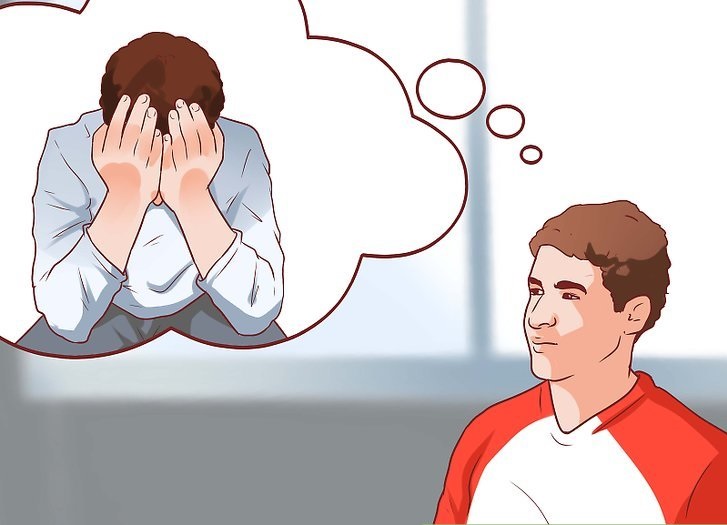
Just because the symptoms of mental illness might not be visible in the same way as those of a physical disease, you shouldn't dismiss the symptoms of stress, depression or anxiety. Symptoms of poor mental health might include:
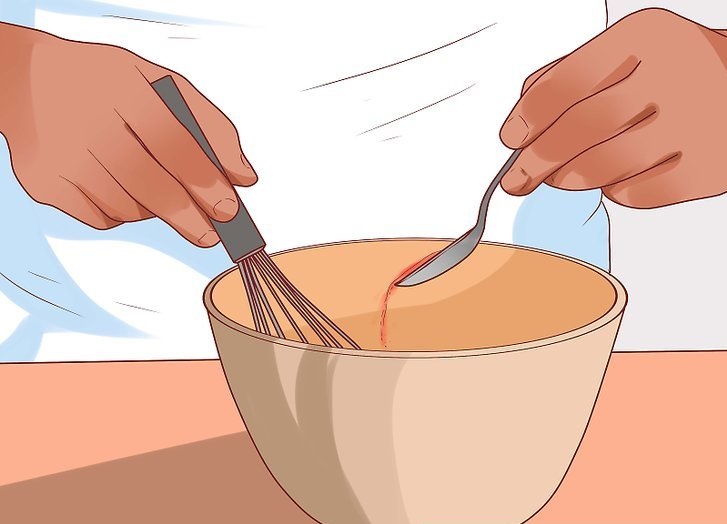
You probably have a very busy schedule with the demands of work, home and everything in between. But preserving your mental health means making time for doing things that bring you joy and also keep you calm.
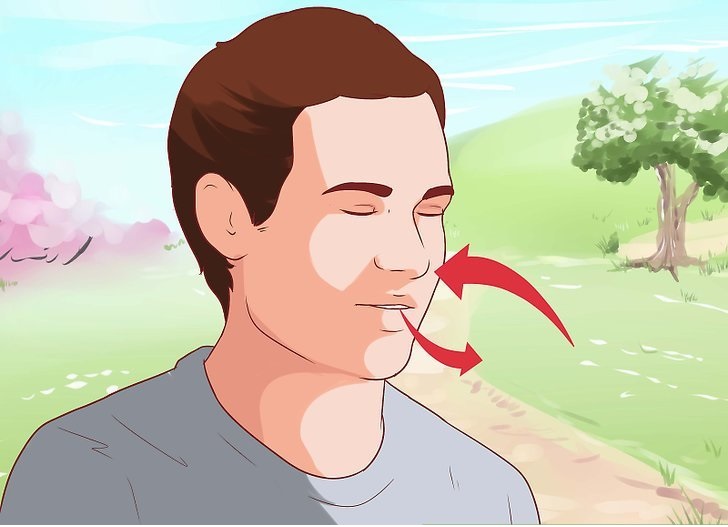
Simply breathing in long, soothing breaths can help regulate your body's response to stress.
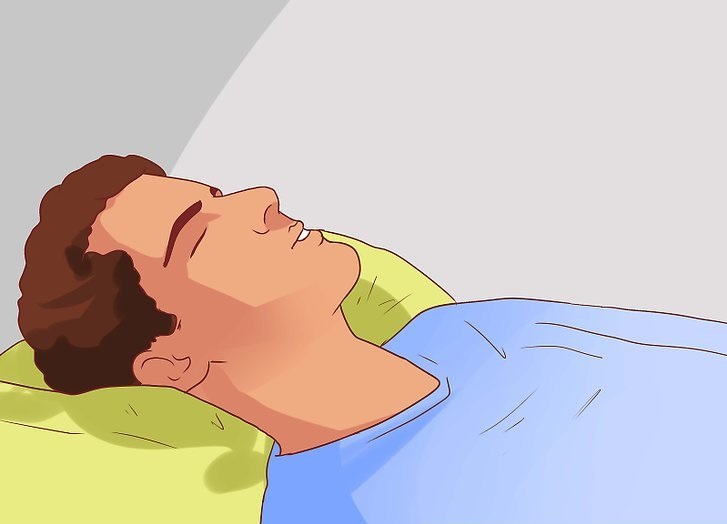
In meditation, you empty your mind so you only focus on your breathing and the rhythms of your body as you inhale and exhale.
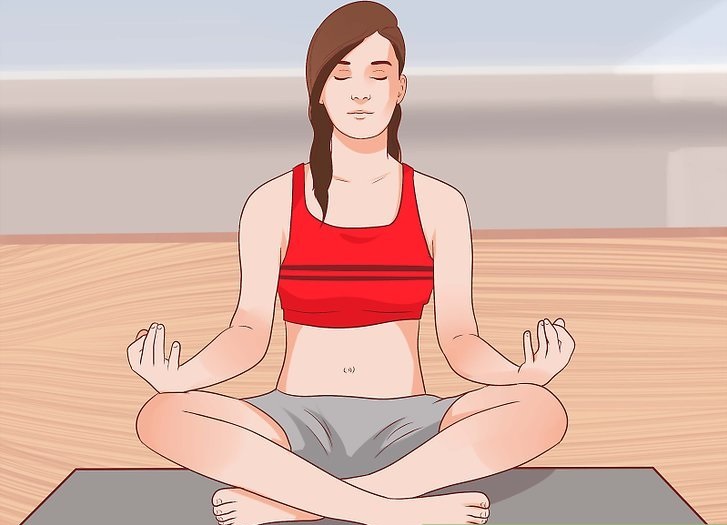
In addition to having excellent physical benefits, exercise can also relieve the symptoms of depression and anxiety. The endorphins released during exercise might help boost your mood and relieve the symptoms of depression.
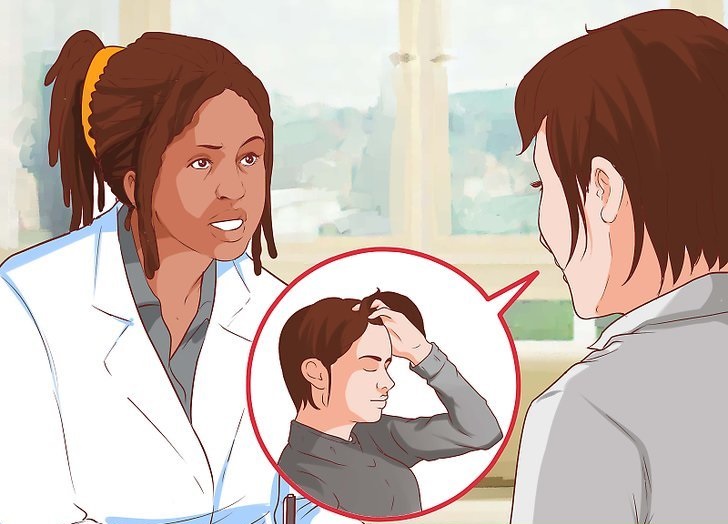
While you should certainly visit a counselor or psychiatrist if you suffer from depression or acute anxiety, you might seek treatment for seemingly more minor experiences of stress. A counselor, therapist, or psychiatrist can give you helpful tips for managing stress and maintaining your mental health.